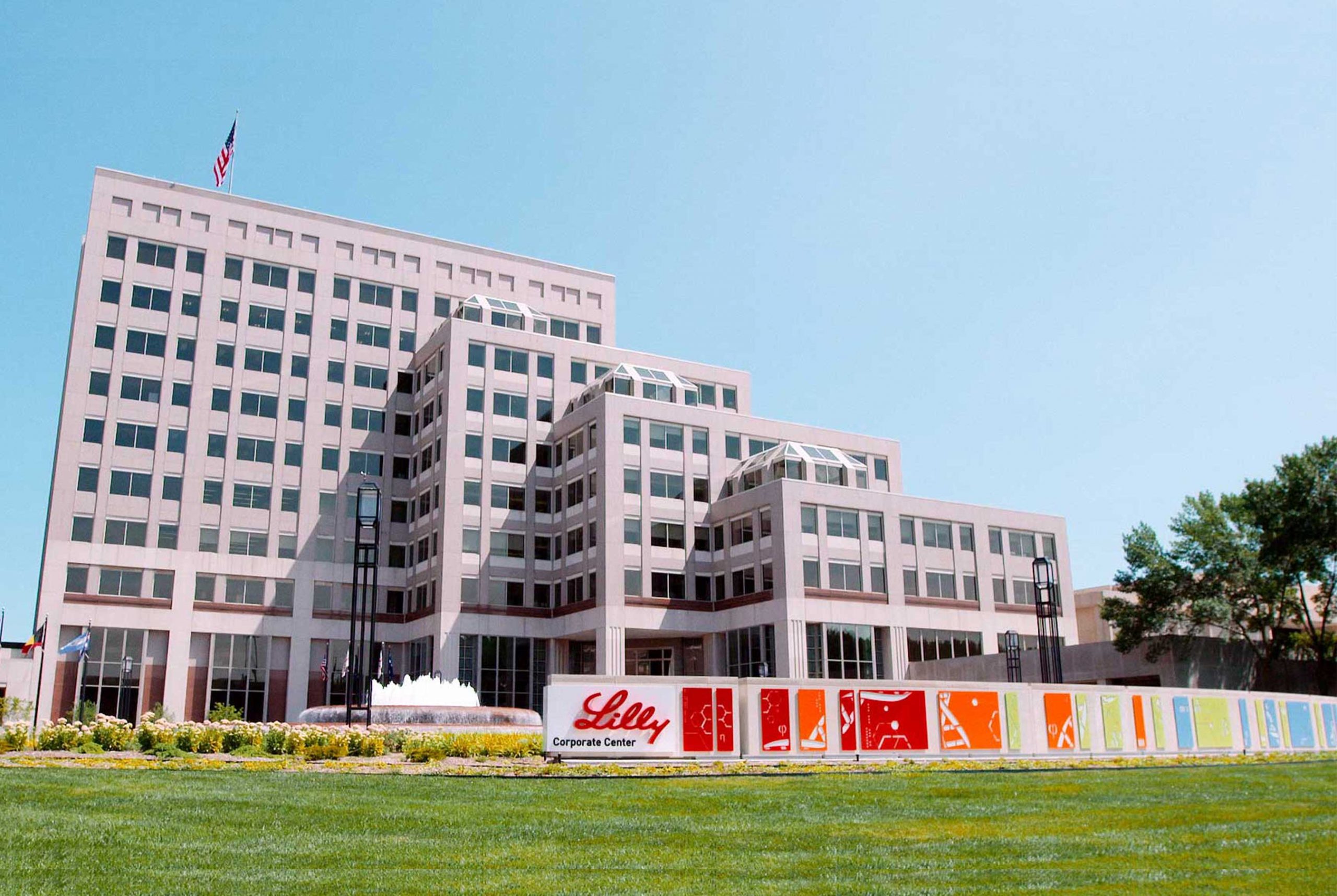Lilly buys cancer biotech ARMO for $1.6bn

Eli Lilly has agreed to buy cancer biotech ARMO BioSciences for around $1.6 billion, adding potential cancer immunotherapies to its pipeline.
The Indianapolis-based drug firm will pay $50 per share for ARMO in an all-cash transaction, gaining pegilodecakin to its roster of development drugs.
Also known as AM0010, the drug is a long-acting form of recombinant interleukin 10 (IL-10).
IL-10 is a naturally occurring immune growth factor in humans stimulating survival, expansion and killing potential of the CD8+ T cells that recognise and kill cancer cells.
Increased presence of these cells may result in an improved prognosis and survival in patients. ARMO has linked IL-10 to polyethylene glycol to prolong its circulation time in the body of patients, to maximise its capability to activate CD8+ T-cells.
California-based ARMO already has AM0010 in phase 3 in pancreatic ductal adenocarcinoma (PDAC) in combination with chemotherapy.
It is also being tested in combination with anti PD-1 immunotherapy in non-small cell lung cancer and renal cell cancer, as well as other solid tumour indications.
Also in preclinical development is a PD-1 checkpoint inhibitor AM0003, an anti-LAG3 checkpoint inhibitor.
In the lab, ARMO also has two drugs that activate IL-15 and Il-12 respectively – which both act on CD8+ T-cells.
The transaction is expected to close by the end of the second quarter this year, subject to approval by antitrust regulators and if all outstanding shares are acquired.
Sue Mahony, president of oncology at Eli Lilly, said: "At Lilly Oncology, we are dedicated to developing cancer medicines that will make a meaningful difference for patients.”
"The acquisition of ARMO BioSciences adds a promising next generation clinical immunotherapy asset to Lilly's portfolio of innovative oncology medicines."
Levi Garraway, senior vice president, global development and medical affairs, Lilly Oncology, "We believe that pegilodecakin has a unique immunologic mechanism of action that could eventually allow physicians to offer new hope for many cancer patients."












